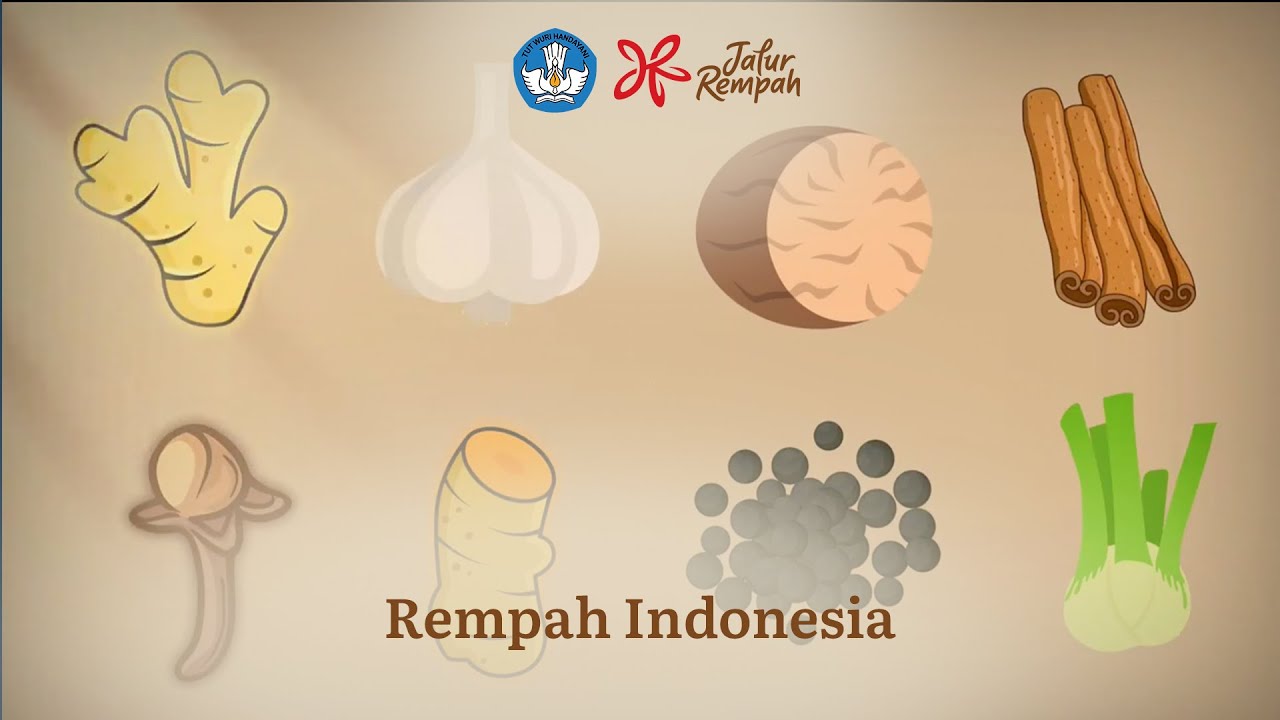Is Indian food healthy?
Summary
TLDRIndian food, known for its rich flavors and fragrant spices, is diverse and offers a mix of health benefits. While some North Indian dishes are heavy with butter and ghee, they can be healthy when consumed in moderation. South Indian cuisine, which includes fermented foods like dosa and idli, promotes gut health and provides a balanced diet. Indian vegan cuisine stands out for its natural fats and nutritional value. Although street food carries hygiene risks, homemade dishes and vegan options are generally healthier. Indian food, when eaten mindfully, can be both nutritious and delicious.
Takeaways
- 🌍 Indian cuisine is diverse, with distinct flavors and spices from various regions.
- 🍛 Indian food is known for being flavorful, fragrant, and rich in essential nutrients.
- 🌶️ Spicy, heavy, and often rich dishes are common characteristics of Indian food.
- 🥗 Indian cuisine offers a wide variety of vegan and vegetarian dishes, many of which are naturally plant-based.
- 🍗 North Indian food tends to be richer in non-vegetarian options and includes dishes like butter chicken and paneer masala, but can still be healthy in moderation.
- 🍚 South Indian cuisine is generally healthier, with dishes like dosa, idli, and rice, and is beneficial for gut health due to fermented foods.
- 🏡 Home-cooked Indian meals are typically healthier and more hygienic than street food, but fatty ingredients should be used in moderation.
- 🚫 Street food in India carries potential health risks due to hygiene, especially non-vegetarian options, making vegan food a safer choice.
- 🥘 Traditional Indian foods, including dals and vegetarian dishes, are rich in proteins, vitamins, and minerals and are lower in cholesterol.
- 🌿 Ingredients like turmeric, garlic, and ginger in Indian cuisine offer various health benefits, such as boosting heart health, immunity, and digestion.
Q & A
What makes Indian food diverse?
-Indian food is diverse due to the variety of cultures, regions, and ingredients across the country. Each corner of India offers different flavors and dishes that reflect local traditions and ingredients.
Is Indian food healthy?
-Yes, Indian food is generally healthy as it contains essential nutrients in balanced quantities. The use of legumes, grains, fruits, and vegetables contributes to a nutritious diet. However, moderation is important, especially with dishes high in fat, butter, or ghee.
What are the characteristics of North Indian cuisine?
-North Indian cuisine is known for its rich, flavorful, and often heavy dishes that use ingredients like butter, ghee, and spices. Popular dishes include butter chicken, paneer masala, and chole bhature. While delicious, overconsumption of these dishes may not be ideal for those who are health-conscious.
How does South Indian cuisine compare to North Indian cuisine in terms of health?
-South Indian cuisine is generally considered healthier compared to North Indian cuisine. It features dishes like idli, dosa, and uttapam, which are rich in carbohydrates and fermented, aiding digestion and providing probiotics for gut health.
What are the benefits of fermented foods in South Indian cuisine?
-Fermented foods in South Indian cuisine, such as idli and dosa, promote gut health by improving digestion, boosting the immune system, and enhancing vitamin B absorption. They are also rich in probiotics, which support healthy gut bacteria.
Is homemade Indian food healthier than street food?
-Yes, homemade Indian food is generally healthier than street food. It is prepared with fresh ingredients and under more hygienic conditions, reducing the risk of contamination, especially in hot weather. However, using too much fat in home-cooked meals can still affect their healthiness.
Why is vegan Indian food considered healthier than non-vegetarian options?
-Vegan Indian food is often healthier because it is plant-based, containing natural fats and nutrition from vegetables, legumes, and grains. It is rich in essential nutrients like fiber, vitamins, and minerals, and contains fewer unhealthy fats compared to animal products.
What role does dal play in an Indian diet?
-Dal, a staple vegetarian dish made from pulses, is highly nutritious and filling. It contains fewer spices and is rich in vitamins and minerals, making it a healthy option that can also lower cholesterol and reduce migraine pain.
What health benefits do traditional Indian spices like turmeric, ginger, and garlic provide?
-Turmeric, ginger, and garlic in Indian dishes offer significant health benefits. Turmeric protects against prostate diseases, heart problems, and diabetes, while ginger aids digestion and reduces nausea. Garlic improves heart health, boosts the immune system, and enhances metabolism.
How can you enjoy Indian food while maintaining a healthy diet?
-To enjoy Indian food healthily, it's important to consume fatty or fried dishes in moderation and opt for homemade meals or vegan options when possible. Avoiding excessive street food and focusing on nutrient-rich ingredients like legumes, vegetables, and traditional spices can provide health benefits.
Outlines

此内容仅限付费用户访问。 请升级后访问。
立即升级Mindmap

此内容仅限付费用户访问。 请升级后访问。
立即升级Keywords

此内容仅限付费用户访问。 请升级后访问。
立即升级Highlights

此内容仅限付费用户访问。 请升级后访问。
立即升级Transcripts

此内容仅限付费用户访问。 请升级后访问。
立即升级浏览更多相关视频

Mundo à Mesa: Índia (Episódio 4 | 2014)

Venkatesh Bhat makes kollu kozhambu | கொள்ளு குழம்பு | Kollu paruppu kuzhambu | horse gram curry

Lezat Abis dan Bikin Nagih! Inilah 20 Makanan Khas Asli Betawi

Rempah Indonesia || Karya Apresiasi Pelajar SMA/SDRJ Kompetisi Visualisasi

Experience Bantayan Island, Cebu! | Biyahe ni Drew

BEKASI MERAPAT MAKANAN KHAS BEKASI PALING POPULER | KULINER BEKASI
5.0 / 5 (0 votes)
